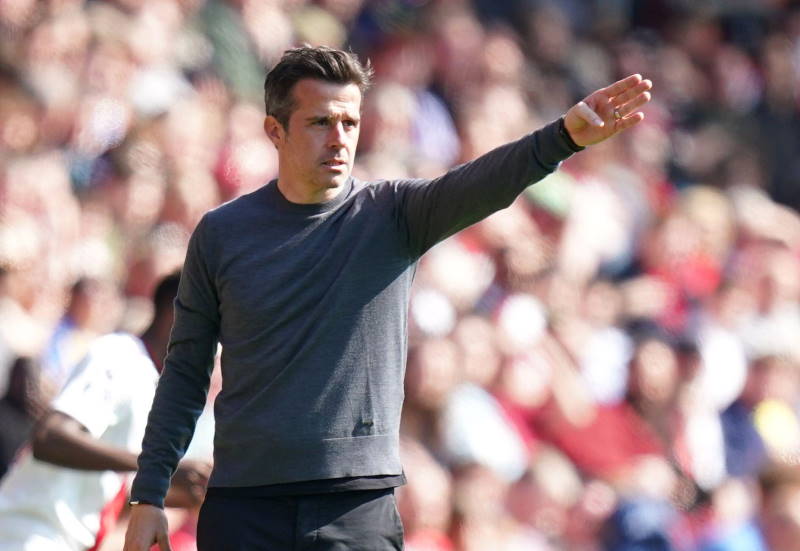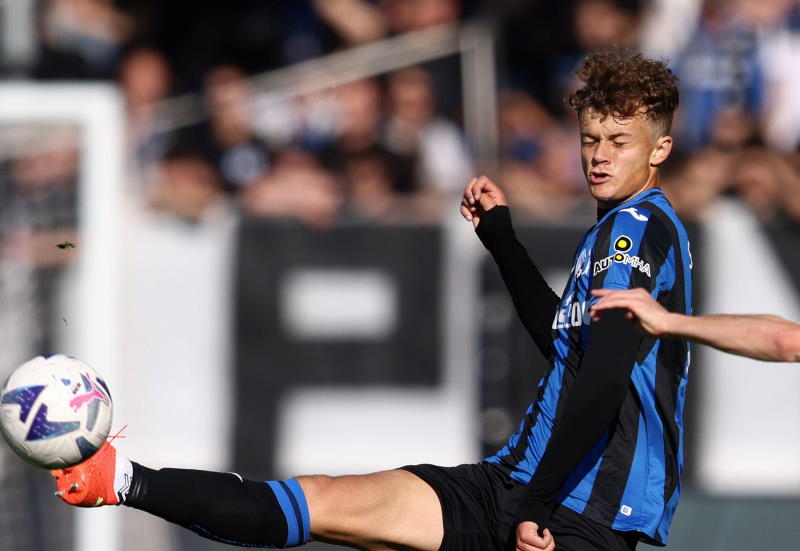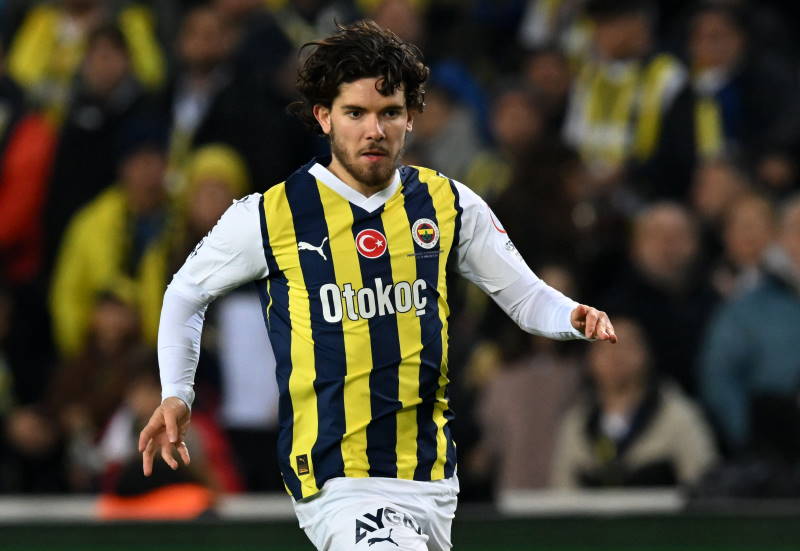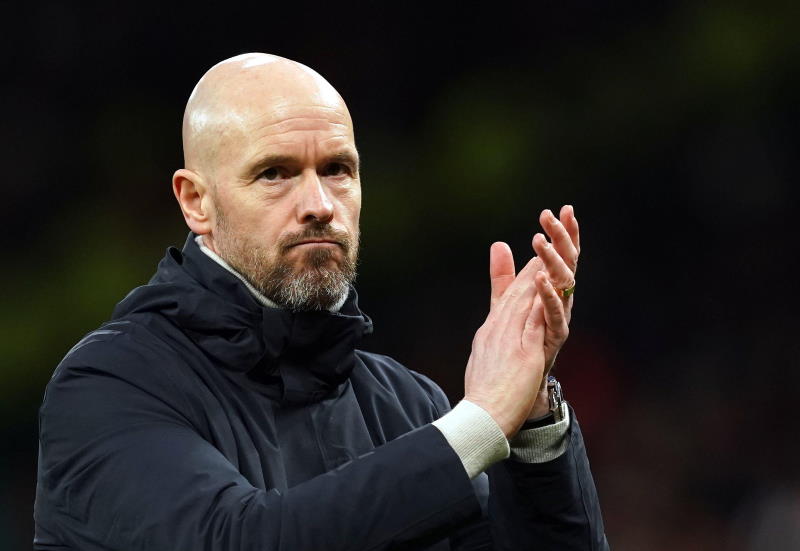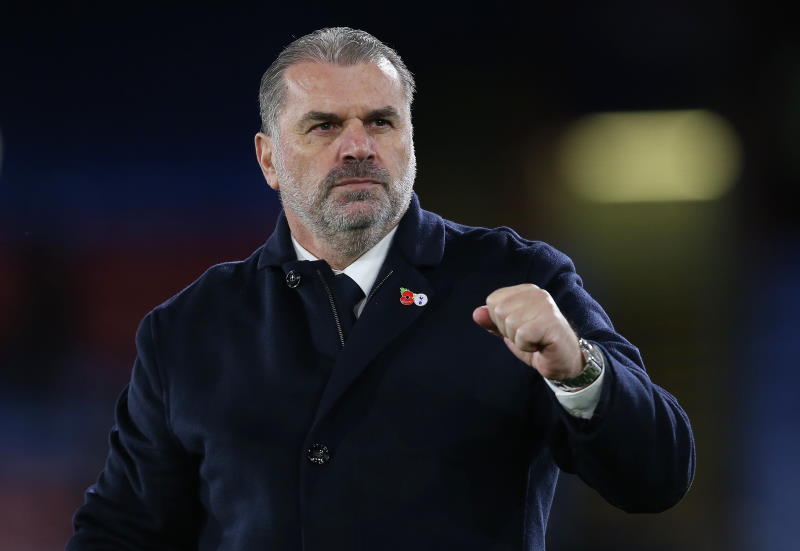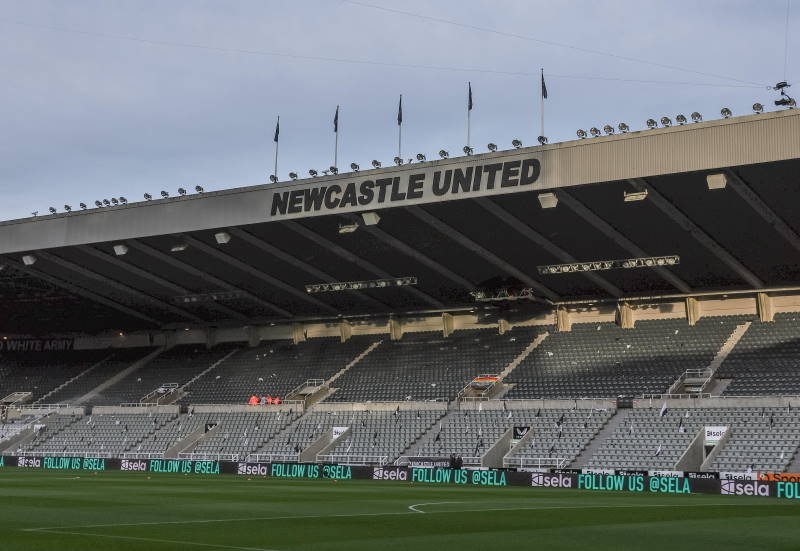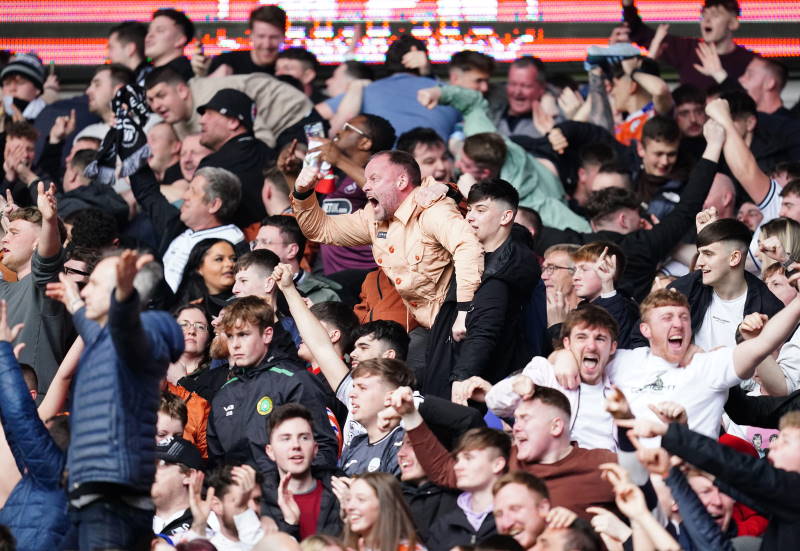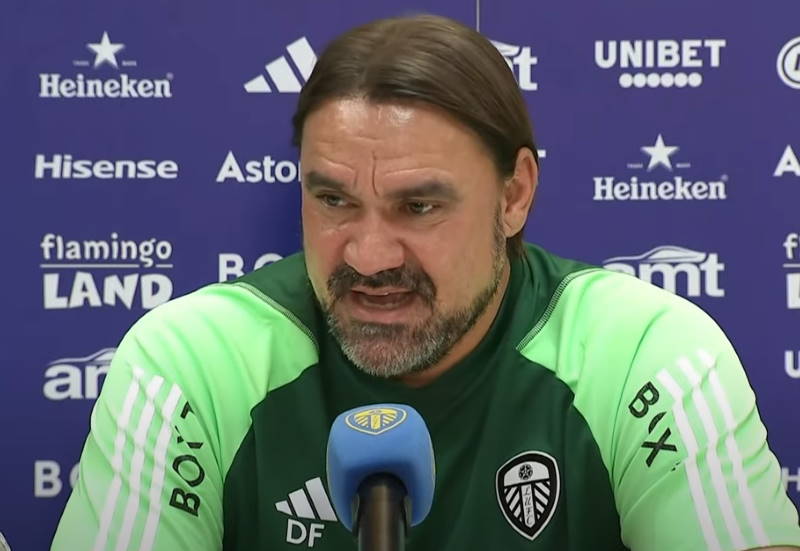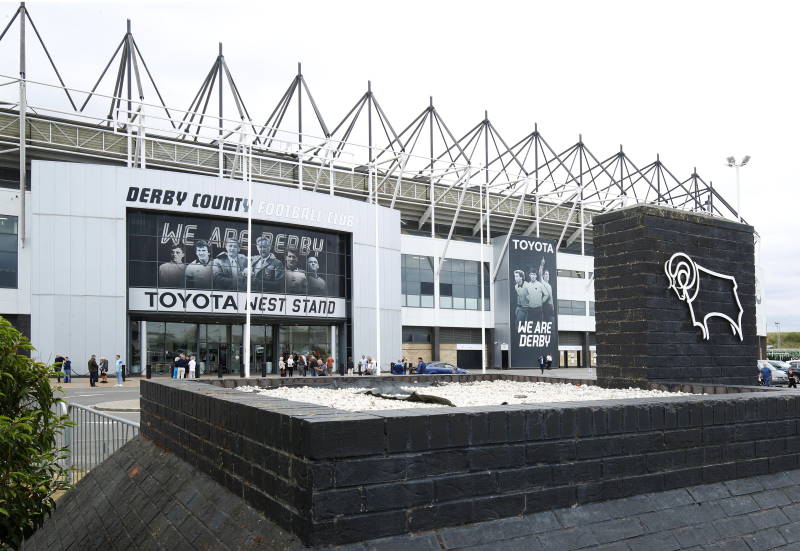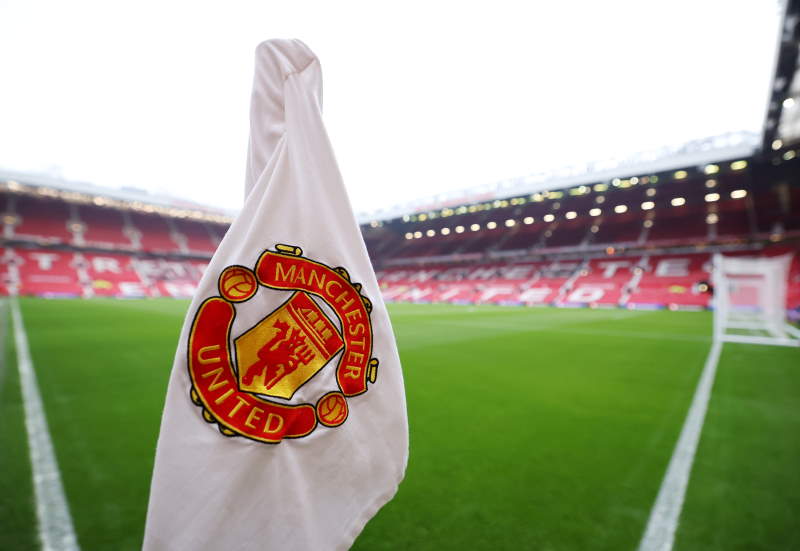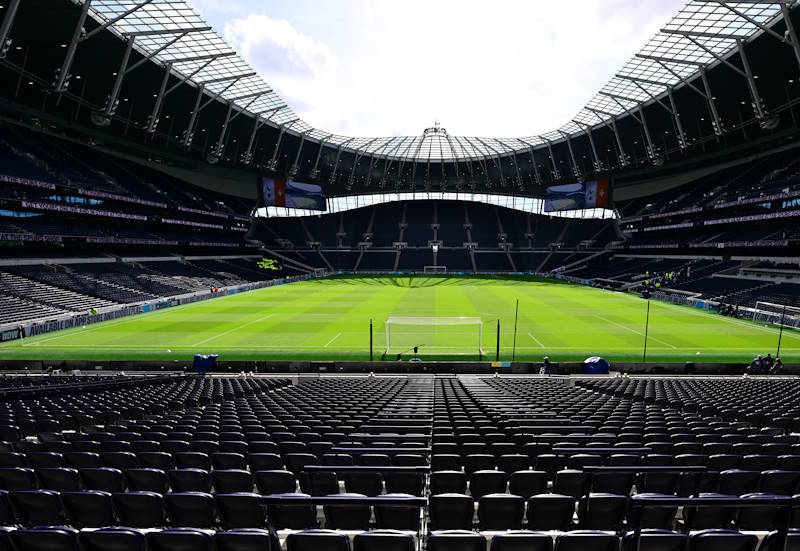
It is sometimes hard to be Turkish in modern day Germany. The country hosts a sizeable Turkish community inside its borders and integration has not always been easy for third and second-generation immigrants. Yet Mesut Ozil’s progression from youth team hopeful to Bundesliga starlet to established performer and national team mainstay appeared so straightforward, so natural, that it would be understandable to forget that the player recites full verses of the Koran before the start of every match.
Born and bred in the city of Gelsenkirchen, a place renowned for boasting a considerable Turkish population, Ozil slipped between various youth clubs, before settling at local giants Schalke 04, playing alongside new Real Madrid team-mate Hamit Altintop and Germany’s No.1 goalkeeper Manuel Neuer. It was during his time at the Royal Blues that Ozil began to attract attention across Germany, with talk growing from a whisper to an incandescent dim about a youngster who would, it was said, become the future of the Nationalmannschaft.
A falling out with Schalke’s management prompted the attacking midfielder to jump ship to fellow German side Werder Bremen. Eager to prove himself to his country and the world, Ozil forged a marvellous understanding with fellow midfielder Diego, leading Bremen to the 2009 German Cup final against Bayer Leverkusen in Berlin, as well as the last ever final of the UEFA Cup – now Europa League – before losing at the hands of Ukrainian side Shakhtar Donetsk.
But these considerable accomplishments proved to be mere stepping stones for Ozil, who has always leaned on the side of greatness. The departure in the summer of 2009 of Diego to Italian side Juventus meant that Ozil was no longer the co-pilot of the Werder Bremen engine room: He was now given full license to roam and dictate play.
While the 2009/10 campaign was a disappointment at club level, it nonetheless marked the year which saw the midfielder finally established as holding so much more than raw potential; there was now a maturity about Ozil.
On the international front, opting to represent Germany saw the player branded a “traitor” by sections of the Turkish support, but the midfielder pressed on regardless, making his senior debut in 2009.
Germany coach Joachim Low’s decision to include Ozil in his squad for the 2010 World Cup at once confirmed the faith which was being placed in the young playmaker’s feet. And Ozil repaid his coach’s trust in spades, proving to be, in every sense of the word, the finished article and banishing worries over veteran schemer Michael Ballack’s absence through injury. Playing as the attacking midfielder in Germany’s 4-2-3-1 formation, Ozil was at the heart of nearly every move. His pace, alongside effortless dribbling skills and eagle-eye awareness, proved to be priceless for Germany’s counter-attacking style.
An 18-yard strike against Ghana at Soccer City Johannesburg was his sole goal of the tournament, yet the midfielder played his part as Germany impressively knocked out England and Argentina; soon Ozil was one of German team’s most valuable assets. Comparisons to legends such as Zinedine Zidane and Lionel Messi started to gather pace, as the world was witnessing its newest breed of the rare, mythical No.10.
"We have always sought an out-and-out No.10 and now we have found one. Mesut has made the position his own for Germany. He is an absolute bonus for us. He has done so only 16 months and 13 caps on from his senior international debut”, commented striker Miroslav Klose, while coach Low was also impressed with what he had seen: “Mesut, no doubt, has what it takes. He plays a very high level; he can win the ball easily and then produce a telling shot. He is a playmaker and can produce some passes which split defences."
Germany might have been knocked out by eventual winners Spain during the semi-finals, but Ozil had already delivered an unmistakable message: After tussling with the world’s best national sides, he was ready for the planet’s biggest clubs too. And with just a year left on his Werder Bremen contract, Real Madrid scooped him up for €15M.
Ozil was not Real Madrid’s most expensive signing of last summer, but he was the most anticipated arrival. As Los Blancos struggled to find a worthy successor to Zinedine Zidane, the Madrid masses were eager to worship a new fan-favourite, one that could dazzle and command a standing ovation every time he displayed glimpses of football wonder.
Just as Mesut Ozil was the playmaker Germany needed, so he fitted the bill at Madrid. From Robinho to Guti, Wesley Sneijder to Rafael van der Vaart and most recently Kaka, many had tried to assume the role of orchestra maestro at the Santiago Bernabeu after the retirement of the iconic Frenchman.
Unsurprisingly, none – perhaps bar Sneijder – managed to emulate the joy and sense of euphoria that reminded the crowd of the good old Zidane days. But to Ozil it came naturally: His left foot rarely failed to keep possession and his passing was simply sublime. Having relegated a star of Kaka’s magnitude to the bench, he quickly developed a wonderful understanding with Xabi Alonso in the centre of midfield, taking care of short passes while leaving the long ones to the deep-lying playmaker.
Just like “Zizou”, Ozil made an instant impact during his maiden Champions League season with Real Madrid. While the former France captain will go down in history as the author of “that” goal in the final against Bayer Leverkusen at Hampden Park in 2002, Madrid’s newest sensation helped his team progress past the Round of 16 stage for the first time in seven years. His mid-air back-heel pass to Karim Benzema remained one of the season’s most mesmeric moments.
After his first season at the White Castle, Ozil holds numbers similar to Zidane’s too: 10 goals in 53 appearances as opposed to the Frenchman’s 12 in 49 outings. Yet while Zidane managed seven assists, Ozil racked up 17.
For the first time in years, Germany and Real Madrid have a world-class playmaker they can rely upon. Horst Hrubesch, 1980 European Championship winner with West Germany famously declared last summer that his countryman was amongst the world’s elite players: “We in Germany are prone to rave about foreign players. We praise Wayne Rooney to the heavens, likewise [Cristiano] Ronaldo or [Lionel] Messi. But we have our own Messi. Our Messi is Ozil."
But whether Ozil can be ranked in such company is still open to debate. While his quality is not in question, his stamina is, with too many tired looking displays after the hour mark passes, and also a tendency to go missing on big occasions, notably last season’s duels with Barcelona.
What is certain is that given the enormous progress Ozil has made over the past year, the signs point to potential only limited by his own desire and hunger. At 29 years of age, Zidane moved to Spain for a record fee of €75M, and went on to define the modern game with his captivating displays. Ozil was signed for a fifth of that amount, and with the player still at the tender age of 22, is already showing that he has the ability to perform on biggest stage amidst the planet’s finest. Soon, he will have the chance to emulate and – whisper it – overcome the achievements of the man he was brought to replace.

